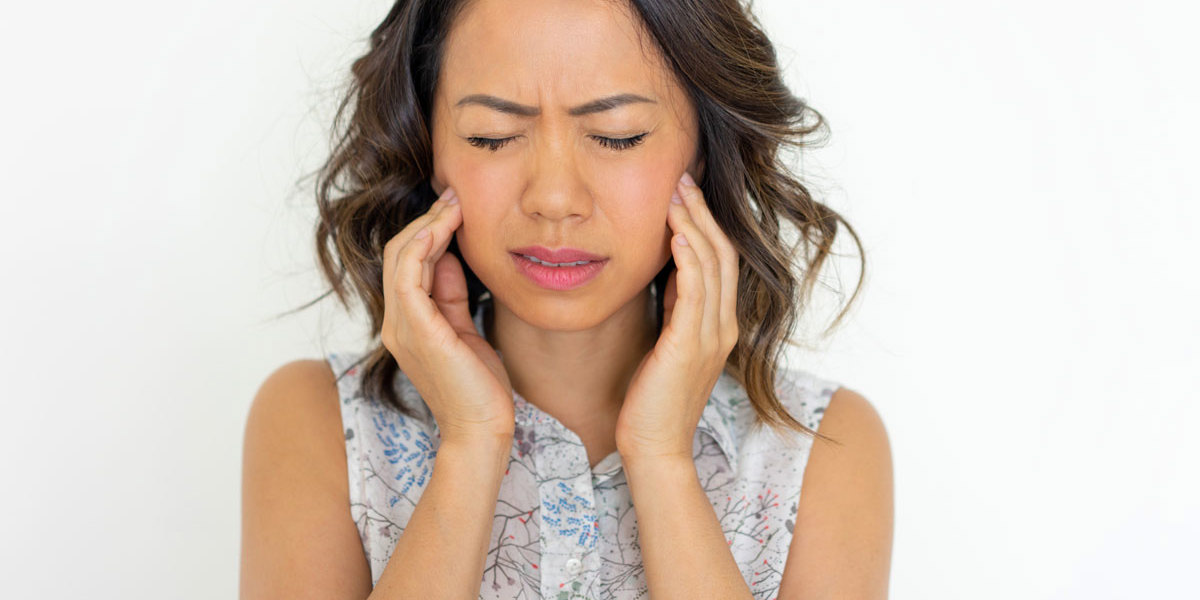
Don't neglect your gums! Looking after your gums is an important part of your oral health routine.
Although you may visit your dentist regularly and brush your teeth twice a day, your gums might be missing out on proper care.
Sometimes you might even think sore or swollen gums mean you need a filling. That's not always the case however. Looking after your gums should be a priority to prevent future issues such as gum disease from occurring.
Symptoms of Gum Sensitivity
Swelling and tenderness are often signs of gingivitis or gum disease, which are common when gums are neglected.
You might also experience sensitivity to hot and cold or inflamed and sore gums after brushing your teeth. Gingivitis is just one of the possible causes.
Some other causes of sore gums are:
1. Brushing Too Hard
Some people's gums are sensitive to pressure, especially when suffering from gum disease, so brushing too hard or using a hard toothpaste can make them sore or sensitive.
When brushing your teeth, the technique is important. You should also consider using a soft-bristled toothbrush.
Start by massaging your gums in back and forth motions rather than brushing harshly to remove bacteria. If you do notice your toothpaste irritates your gums, consider using a sensitive toothpaste.
2. Hormonal Changes
Changes in your hormones can also result in sensitive gums. According to the American Dental Association (ADA) gums become more sensitive with hormone changes, which are common during pregnancy. This can result in gum and tooth decay, so it's important to see your dentist as usual during pregnancy and mention any changes in your oral health to your doctor.
3. Food or Oral Appliance Irritation
Acidic foods and oral appliances can both contribute to gum sensitivity.
Acidic foods can cause irritation and even visible sores on the tender tissue of the gumline. Avoid consuming too much citrus fruit, soft drink and sugary brands of yogurt. You could also try eliminating acidic foods from your diet, and see if your sensitivity goes away over the next few days.
The same goes for oral appliances such as braces, retainers, dentures and mouth guards. These can tug at your gumline, leaving gums extra tender if they've temporarily exposed more sensitive underlying tissue. Usually, this sensitivity will go away as your mouth adapts to the appliance. If your gums continue to hurt you should see your dentist or orthodontist.
If you're concerned about your gum health or are experiencing pain or sensitivity to your gums, visit your nearest Lumino dentist.
Image: Designed by katemangostar / Freepik
Source: Colgate